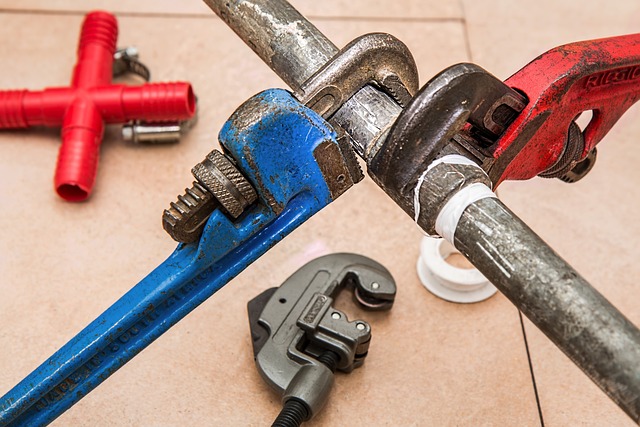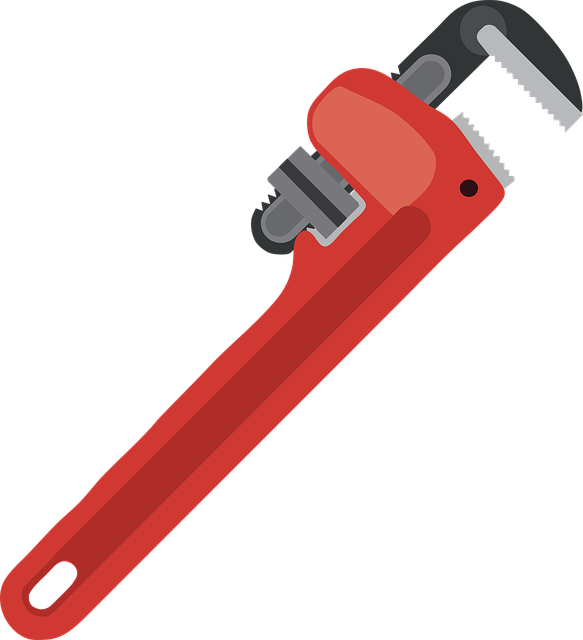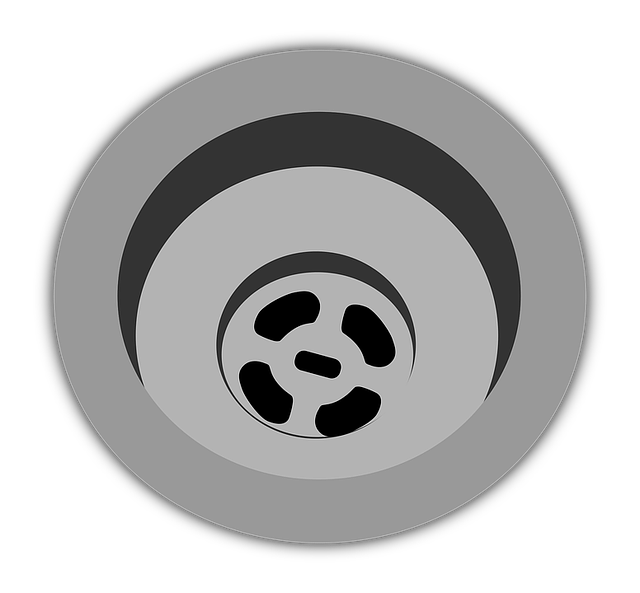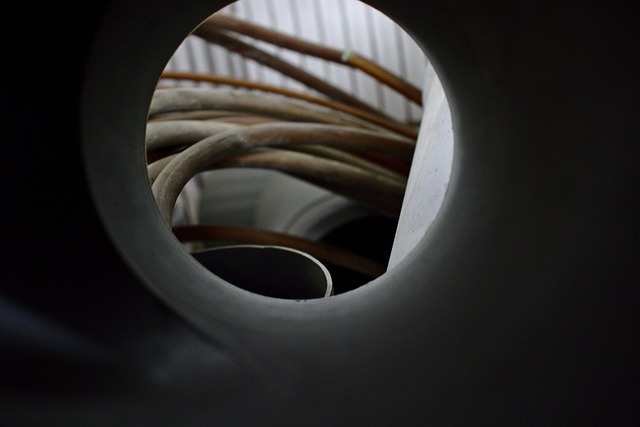Understanding your plumbing system involves recognizing pipes, fixtures, and appliances as a network conveying water for various functions. Regular maintenance, including leak detection, drain clearing, and pressure inspections, prevents costly repairs. Professional Plumbing Services identify and address subtle issues before they escalate. Preventative care extends fixture lifespans and promotes sustainability through eco-friendly practices like low-flow fixtures and greywater recycling. Prompt action on persistent problems ensures smooth drainage and safety from structural damage caused by leaks.
Maintaining your plumbing system is essential for ensuring a smooth, efficient, and trouble-free flow of water in your home. This comprehensive guide delves into the various aspects of plumbing services, offering a detailed overview that spans from understanding your plumbing system to implementing sustainable practices. Learn about regular maintenance tasks, the importance of preventative care, effective unclogging techniques, red flags requiring professional intervention, and eco-friendly options for a well-maintained and environmentally conscious home.
Understanding Your Plumbing System: A Comprehensive Overview

Understanding your plumbing system is crucial for effective maintenance, ensuring optimal performance from your trusted Plumbing Services. At its core, a typical residential or commercial plumbing system comprises several key components: pipes, fixtures, appliances, valves, and a water source. These elements work in harmony to distribute clean water throughout your space while efficiently removing wastewater.
Pipes, often made of materials like copper, PVC, or steel, serve as the bloodstream of your plumbing network, conveying water between various fixtures and appliances. Fixtures include sinks, toilets, and showers, which utilise water for specific functions. Appliances such as dishwashers, washing machines, and water heaters rely on the plumbing system for their operation. Valves control the flow of water, ensuring pressure regulation and allowing for isolated maintenance when needed. By grasping these fundamentals, homeowners and business owners can better identify potential issues, schedule proactive maintenance, and make informed decisions regarding Plumbing Services.
Regular Maintenance Tasks for Optimal Plumbing Performance

Regular maintenance is key to ensuring a plumbing system operates at its best, saving you from costly repairs and potential disasters. A well-maintained system is more efficient, reliable, and durable. Some essential tasks include checking for leaks around fixtures and pipes, clearing drain traps of hair and grease, and inspecting water pressure regulators. These preventive measures help identify issues early on, allowing for simple fixes rather than complex (and expensive) overhauls.
Plumbing services professionals recommend setting up regular appointments to assess the entire system, including water heaters, furnaces, and sewage lines. They can also provide insights into adjusting water softeners and filters, which are crucial components in maintaining water quality and system performance. Staying proactive with these maintenance routines is a smart investment for any homeowner.
The Importance of Preventative Care in Avoiding Plumbing Disasters

In the realm of plumbing, preventative care is akin to a shield against potential disasters. Many plumbing issues manifest as subtle signs or go unnoticed until they escalate into major crises. Regular maintenance by professional plumbing services acts as a proactive measure, addressing problems before they cause significant damage. From inspecting pipes for corrosion and leaks to checking water pressure and drain systems, these services ensure optimal functionality.
By prioritizing preventative care, homeowners can avoid costly repairs, unexpected shutdowns, and the hassles associated with plumbing disasters. Moreover, it extends the lifespan of plumbing fixtures and systems, ensuring efficient operation and minimizing environmental impact. Thus, investing in regular plumbing service not only safeguards against unforeseen events but also promotes a sustainable and trouble-free living environment.
Unclogging and Cleaning Techniques for Homeowners

Unclogging and cleaning your home’s plumbing system is a crucial task that homeowners should regularly attend to. A buildup of grease, hair, and other debris can lead to clogged drains and pipes, causing unwanted interruptions in your daily routines. Thankfully, there are several effective techniques to tackle these clogs without necessarily calling in professional plumbing services.
One common method involves using a combination of baking soda and vinegar. Pouring a half-cup of baking soda down the drain followed by a cup of white vinegar can create a powerful cleaning reaction. This natural blend will help dissolve hair and grease buildup. For more stubborn clogs, a plumber’s snake or auger tool can be utilized to physically remove blockages from pipes. Regular maintenance and quick action when a clog occurs can prevent major plumbing issues and ensure your home’s drainage system operates smoothly.
When to Call the Professionals: Recognizing Plumbing Red Flags

If you notice persistent water damage, unusual noises coming from your pipes, or slow-moving drains, it might be time to call in the professionals. These could be red flags indicating potential plumbing issues that require expert attention. Leaks, for instance, can often go unnoticed but lead to significant water waste and structural damage over time.
Professional plumbers are equipped to identify these problems accurately and offer solutions tailored to your specific needs. They have access to advanced tools and technology to detect leaks, unclog pipes, or repair broken fixtures efficiently. Regular maintenance checks by plumbing services can also prevent potential disasters and ensure your home’s plumbing system operates smoothly and safely.
Sustainable Plumbing Practices for an Eco-Friendly Home

Adopting sustainable plumbing practices is a significant step towards creating an eco-friendly home. One of the primary goals is to minimize water wastage, as it’s a precious resource that needs to be conserved for future generations. Simple changes like installing low-flow fixtures and water-efficient appliances can drastically reduce water consumption without compromising on performance. These plumbing services not only benefit the environment but also lead to significant cost savings over time.
Additionally, using environmentally friendly materials and products is crucial. For instance, opt for pipes made from recycled or biodegradable materials that are less harmful to the ecosystem. Also, consider natural drainage systems like permeable surfaces or water recycling mechanisms that capture and reuse greywater. These practices contribute to a home’s overall sustainability, ensuring a healthier planet while maintaining an efficient plumbing system.
